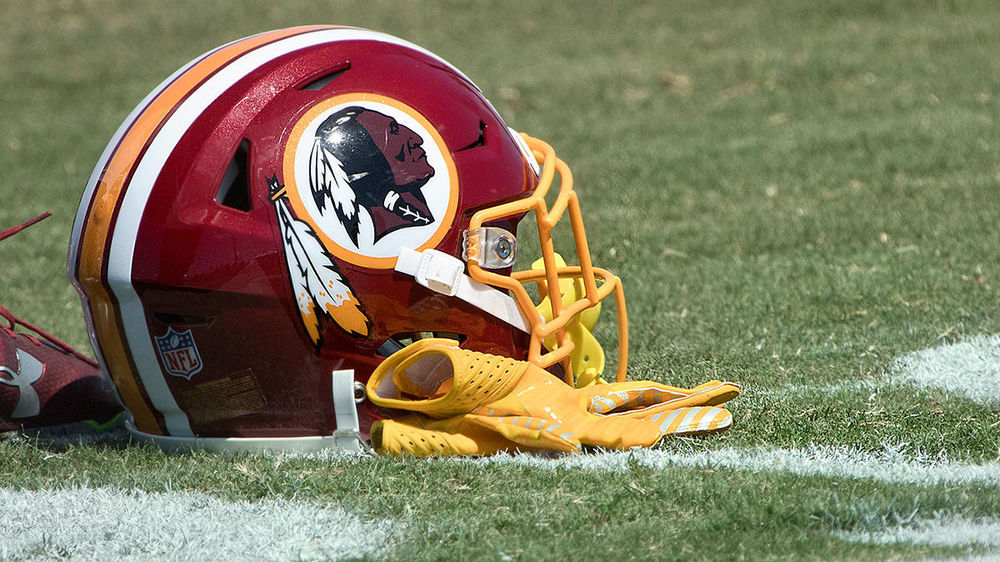Redskins’ name change likely to increase profits for NFL and franchise, expert says
Published: July 13, 2020 / Author: Shannon Roddel

Washington Redskins helmet. (Photo by C Watts, Flickr)
Following decades of criticism that its team name is offensive to Native Americans, the Washington NFL franchise announced July 13 it is changing its “Redskins” name and Indian head logo and will develop a new name and design.

Richard Sheehan
The move follows recent pressure from sponsors including FedEx, Nike, Pepsi and Bank of America, though the change likely will mean greater profits for both the franchise and for the NFL in the long term, according to Richard Sheehan, professor of finance at the University of Notre Dame’s Mendoza College of Business and author of “Keeping Score: The Economics of Big-Time Sports.”
“The interesting question is why did it take the franchise so long to change names?” asked Sheehan, who specializes in the economics of sports.
“Likely, the simple answer is that the perceived cost of retaining the old name was outweighed by the financial benefits of changing it. Most of the NFL’s revenue is generated through their massive television deals. Those are unlikely to change appreciably with the name change. There are other revenue sources, however, that will be sensitive to the name change potentially including merchandising and licensing, local media rights, stadium naming rights, sponsorships and concessions. Merchandising and licensing are generally undertaken at the national level with those revenues equally split among all franchises. The former name of the Washington franchise likely slightly reduced those revenues. Changing it likely will lead to a small increase, which will be split equally among all franchises,” he said.
Sheehan added that signage and logo changes will likely cost a few million dollars as a one-time cost, but because sponsors and vendors had requested the change, not complying could have had serious financial repercussions when renewing deals like the stadium name.
“FedEx paid $205 million for a 25-year contract in 1999 for $8.2 million per year,” Sheehan said. “Top of the line stadium rights now exceed $20 million per year. That FedEx was willing to pull its signage from the Washington stadium suggests that the name was going to cost the franchise over $10 million per year just in naming rights.
“While Washington does not control national licensing, it does retain the rights to revenues generated by local concessions. Typically a franchise receives about 10 percent of the cost. For local fans, a name change would suggest a change in apparel would be in order so local sales of merchandise in the short term could generate more franchise revenue than would be incurred by the expenses associated with the name change. At worst, the franchise breaks even in the short term with the costs of the logo change being offset by higher local merchandise sales revenue, while in the long run the franchise avoids a dramatic drop in revenue from stadium naming rights and sponsorships.”
Originally posted on ND News.




